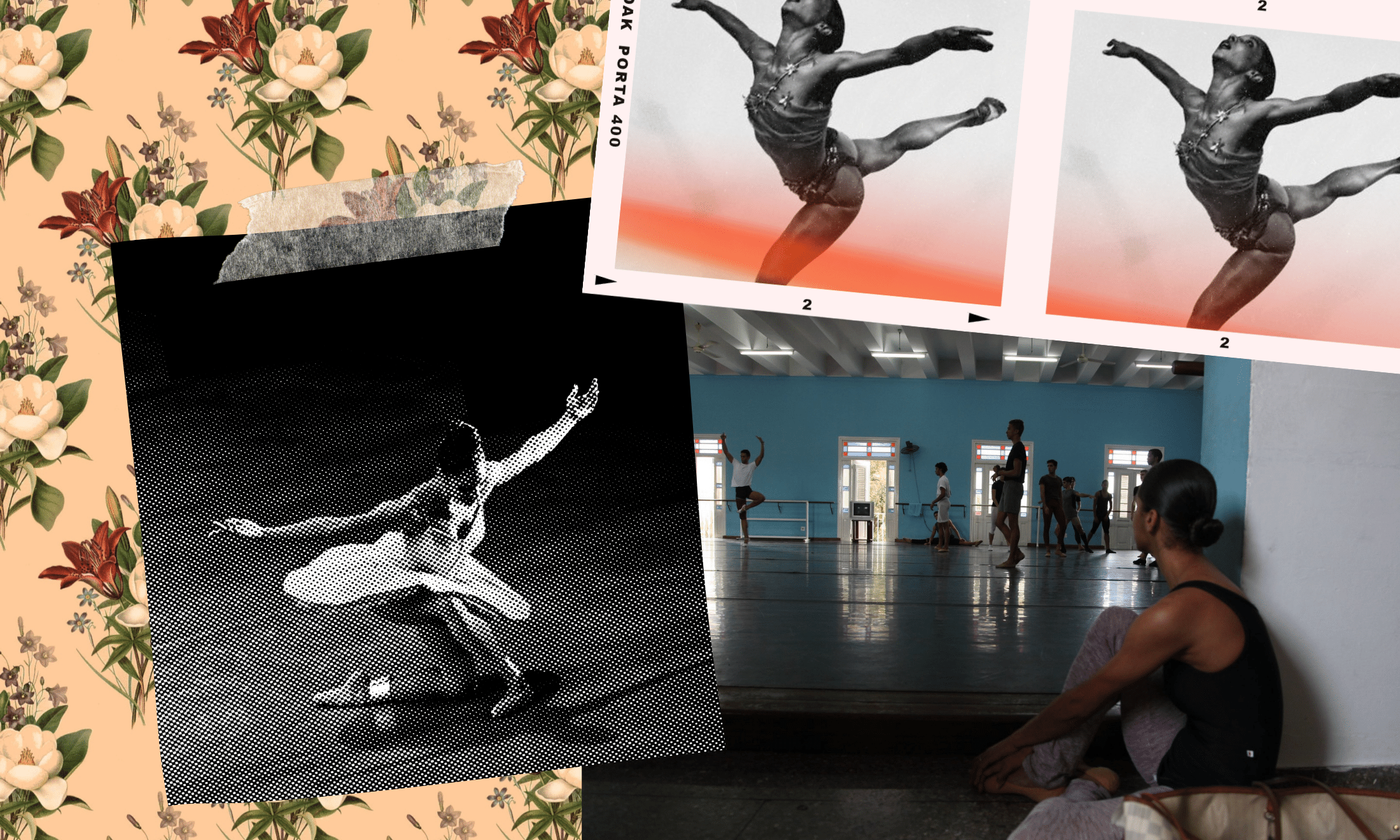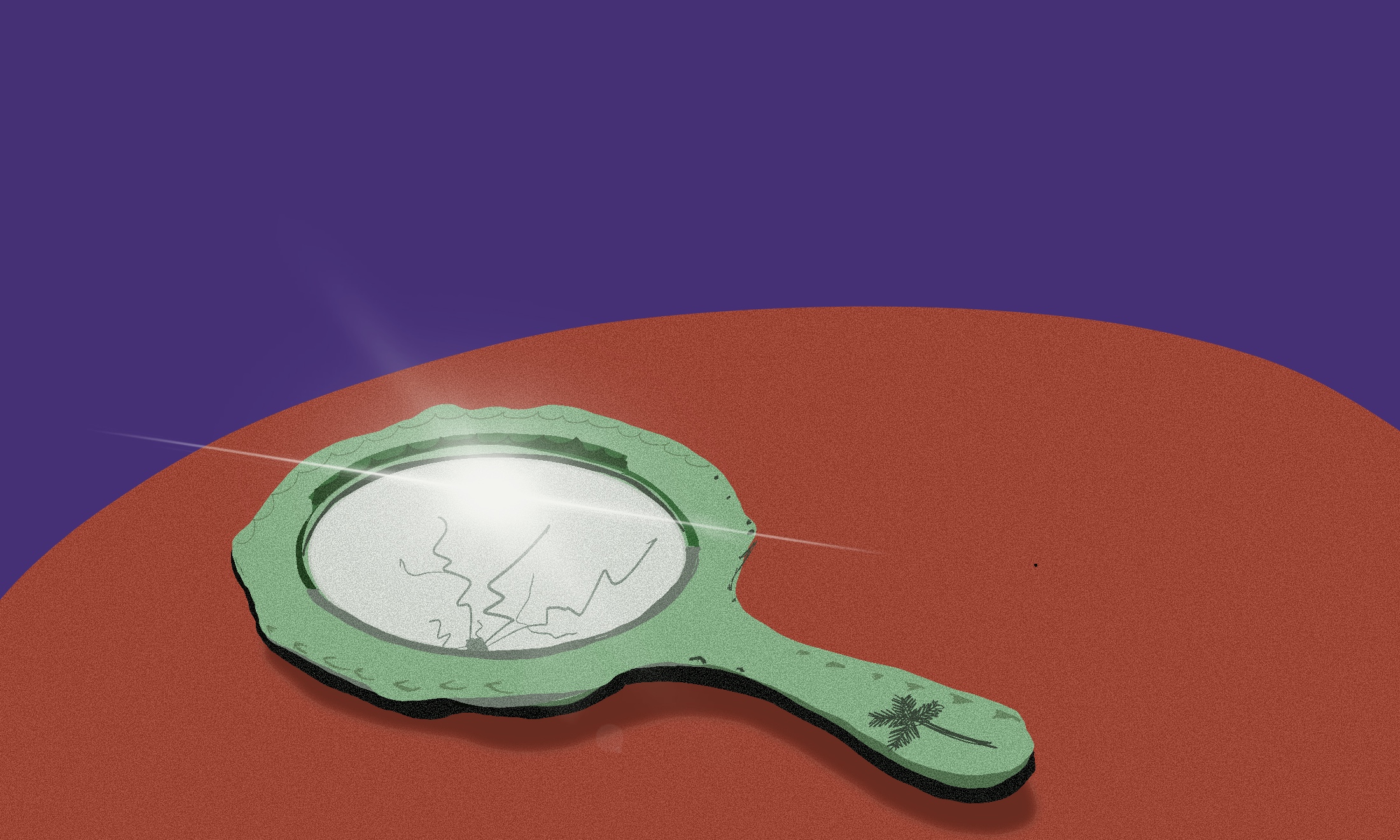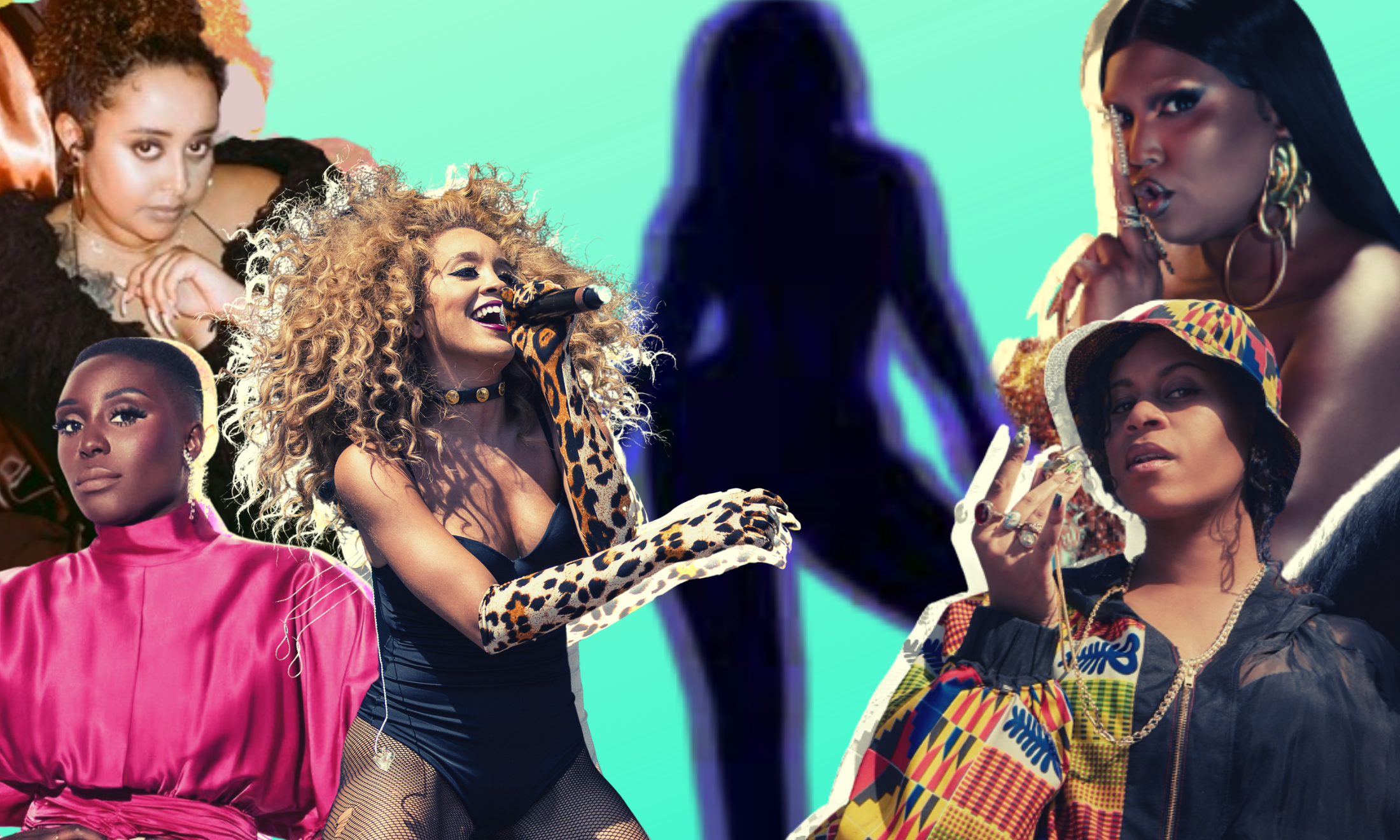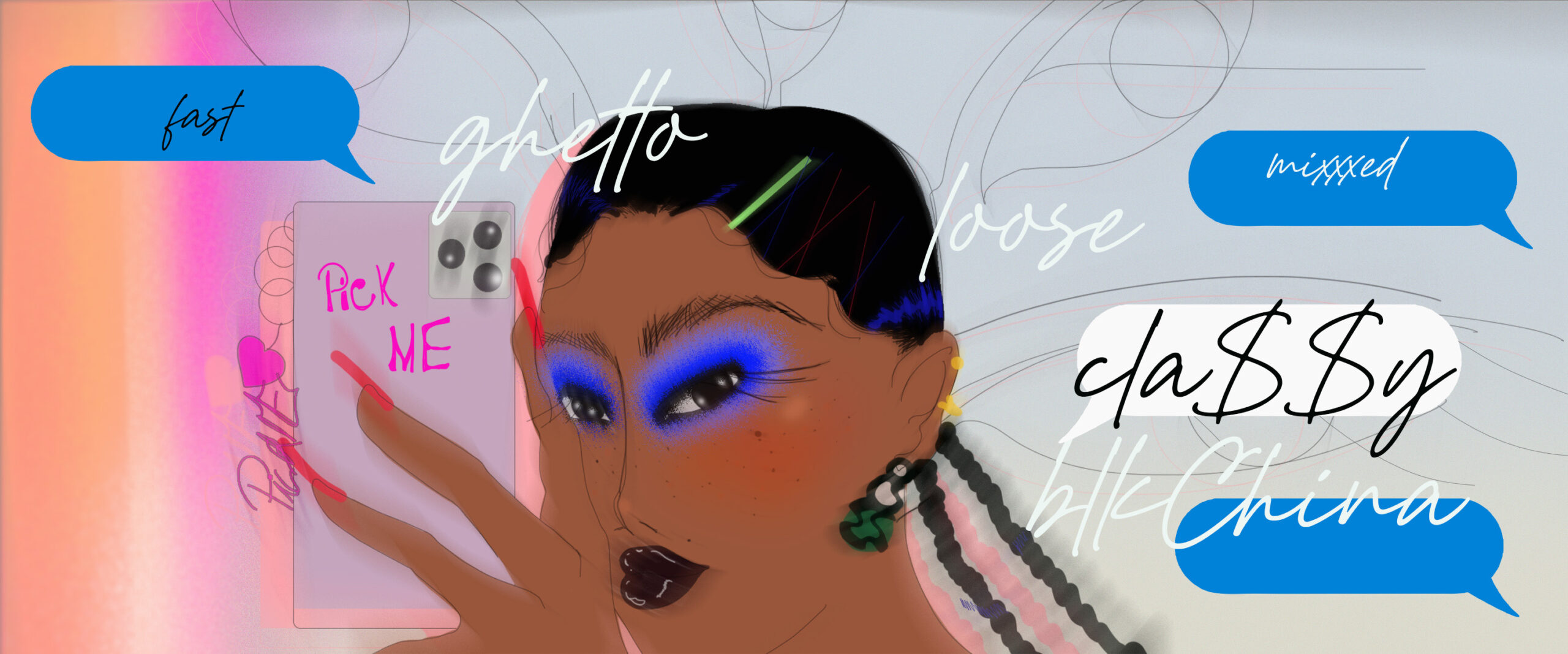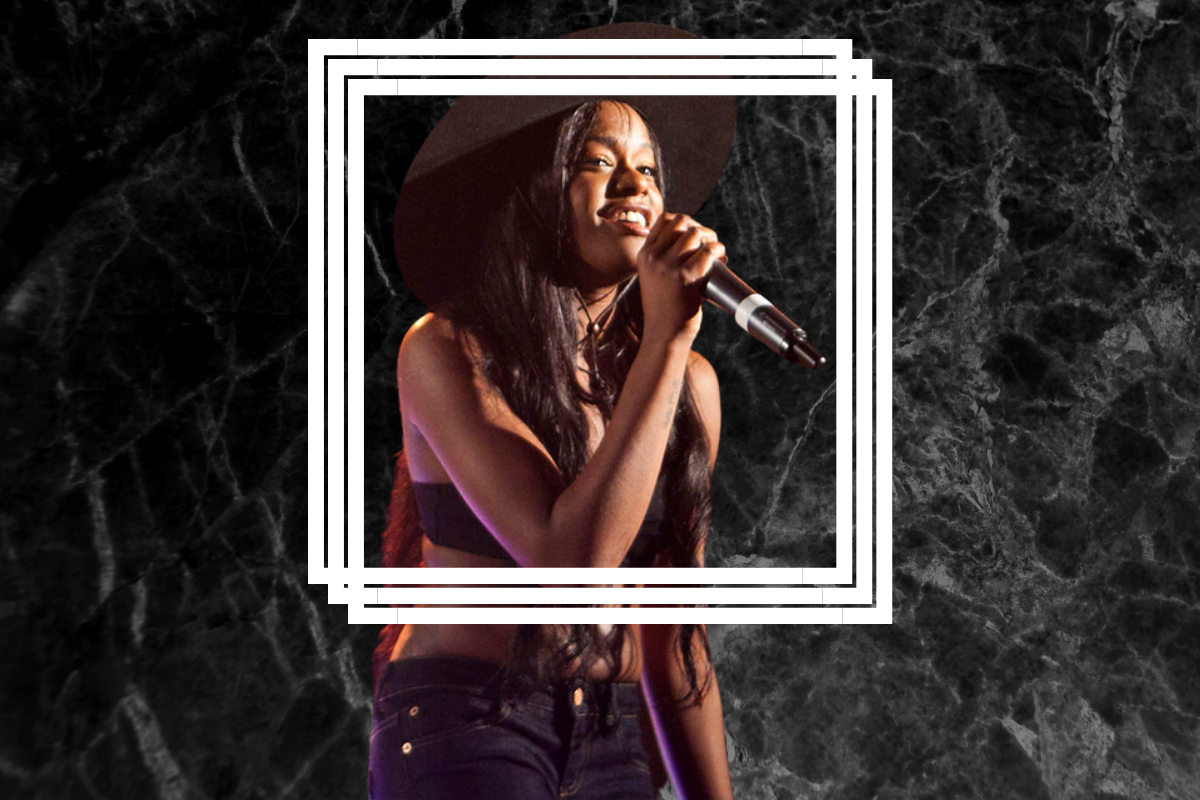
We can hold Azealia Banks accountable and still acknowledge the dangerous repercussions of misogynoir
We should always strive to hold public figures to account while being mindful of their personal circumstances – so, Melissa Kasule asks, why is that Kanye West is afforded far more sympathy and respect than Azealia Banks?
Melissa Kasule
28 Aug 2020
Azealia Banks photography by Tim Boddy via Creative Commons
Azealia Banks birthed her first controversy more than ten years ago when, hair in pigtails, she dared to rap about her “cunt getting eaten” on her single ‘212’. If anything was a cultural reset it was that. It was an introduction to the rapper’s unapologetic and candid way of being that would continue to leave us open-mouthed – not always for the best. Recently, after the rapper shared concerning messages of suicidal thoughts on Instagram as a combined result of “constant public ridicule”, it’s apparent that we maybe need to consider the repercussions of our treatment of Azealia – and, perhaps, all public figures.
Azealia’s experimental take on hip-hop on her debut album, Broke with Expensive Taste, marked a turning point, where her creativity and innovation took centre stage. Despite this, Azealia’s prosperity was cut short due to her numerous distasteful comments, where anyone in reach could be at the receiving end – Zayn Malik, Grimes, and Lizzo notably bore the brunt of her ill-famed social media rants. There is no question that Azealia should remain accountable for her harmful words, and it may not be the last time where she spews out something else to shake our heads at. However, it is known that the rapper has a diagnosis of bipolar disorder which has played a factor in her behaviour, as previously written about by gal-dem.
Azealia’s contradicting thinking and impulsive reactions without care for the consequences mirror her disorder – although, it goes without saying that the homophobia, racism and xenophobia often expressed by her are not mental health conditions which can be excused. Still, the lines of accountability become blurred, especially when the neglect and negative treatment of the artist after her outbursts have seemed to only exacerbate her mental illness. Does this then contribute to the further marginalisation of dark-skinned black women?
“The lines of accountability become blurred, especially when the neglect and negative treatment of Azealia after her outbursts have seemed to only exacerbate her mental illness”
It’s worth considering the reaction to Kanye West’s objectionable statements during his 2020 “presidential campaign”. These were extended an understanding (albeit, a limited one) on account of his bipolar disorder. More broadly, Kanye’s countless outrageous comments are largely considered as something to not be taken at face value. While Azealia’s Spotify streams have seen a drop, Kanye’s have remained relatively the same. Azealia streams on ‘212’ stood at 127,585,674, but on her releases since she has seen less and less engagement – her streams on recent release ‘Salchicon’ remain at 1,067,996. In comparison, Kanye’s 2008 song ‘heartless’ stands at 281,078,985 and, on his 2019 drop God is King, he racked in 167,803,494 streams on ’Follow God’. Kanye has been able to produce music and a fashion line without the hardship or worry of it not selling or streaming, while Azealia faces issues of being exploited by her former label.
“Regardless of what Kanye has said or done, there’s still a sense of respectability in how the rapper’s artistry is engaged with…Whether this is because Kanye is any more talented than Azealia or has said fewer offensive things is not the answer”
Regardless of what Kanye has said or done, there’s still a sense of respectability in how the rapper’s artistry is engaged with, and he has been able to remain relevant as a creator and contributor. Whether this is because Kanye is any more talented than Azealia or has said fewer offensive things is not the answer. This is about the myth surrounding cis men as “creative geniuses” – a title exclusively reserved for them. Cis men in the music industry are hailed as god-like figures able to remain untouchable and get away unscathed from the repercussions of their belligerence. Their contribution as “creative geniuses” is seen as more important, and they are praised as out of box thinkers. It sheds light on the fact that cis men like Kanye are deemed worthy of empathy, escaping (lesser) repercussions, with the freedom to create art and have it still be successful, whereas Azealia is written off as a lost cause and continues to be denied this.
The constant lack of regard and grace when it comes to black women and their mental wellbeing is nothing new. Summer Walker’s struggle with social anxiety whilst touring was greeted with insensitivity, while Megan Thee Stallion became a running joke for memes in exchange for a few retweets after the traumatic experience of being shot and rushed to surgery last month (she then felt obliged to prove she had been shot on her Instagram). Society has been built so that black women are refused acknowledgement as victims or as vulnerable.
Kenya Moore, one of the dark-skinned members of Real Housewives of Atlanta, also comes to mind. She is one of the vilified characters on the series – again, for the striking things she has said and how she has acted (though it has undoubtedly brought an increasing number of viewers). Even so, following Kenya’s feud with former member Phaedra Parks, it gave an excuse for her to be shamed and mocked about her issues with fertility. This was in addition to being labelled “provoking” and “adding fuel to the fire” when faced with aggression and violence in past seasons from men on the show.
“Entertainment is drawn from celebrities’ misfortunes or troubles, with social media users finding relish in things said and done by celebrities that leave us with our hands over our mouths. This has only furthered the poor treatment of those with mental health conditions”
Likewise, Azealia is developed into a spectacle only to be engaged with when controversy surrounds her. Her foul-mouthed comments are treated as entertainment, but then she is shamed for providing that very thing. Once she has offered us all laughs and amusement for the timeline, she is treated disposably. It points to a wider pattern of social media discourse where we continuously interact and engage with celebrities when disapproval or impropriety surrounds them. Take anything from the public breakdown of Amanda Bynes to, of course, Azealia staying relevant in anticipation of what shocking thing she will say or do next. Entertainment is drawn from celebrities’ misfortunes or troubles, with social media users finding relish in things said and done by celebrities that leave us with our hands over our mouths. This has only furthered the poor treatment of those with mental health conditions.
It is undeniable that Azealia Banks and all public figures should be held responsible for their words and actions. But how is this done legitimately when Azealia and those that look like her are so easily cast-off without the benefit of the doubt her peers who are cis men are offered? How can we call the treatment of the rapper just and fair when she is only engaged with as an origin of mockery or ridicule? Either way, when a culture of accountability allows misogynoir and colourism to take root, we are only left with a culture motivated by the punishment of black women.


